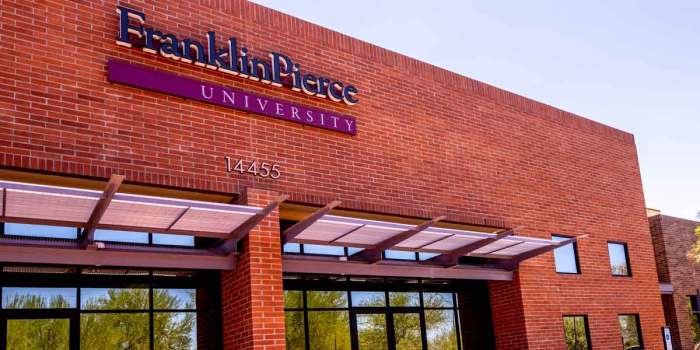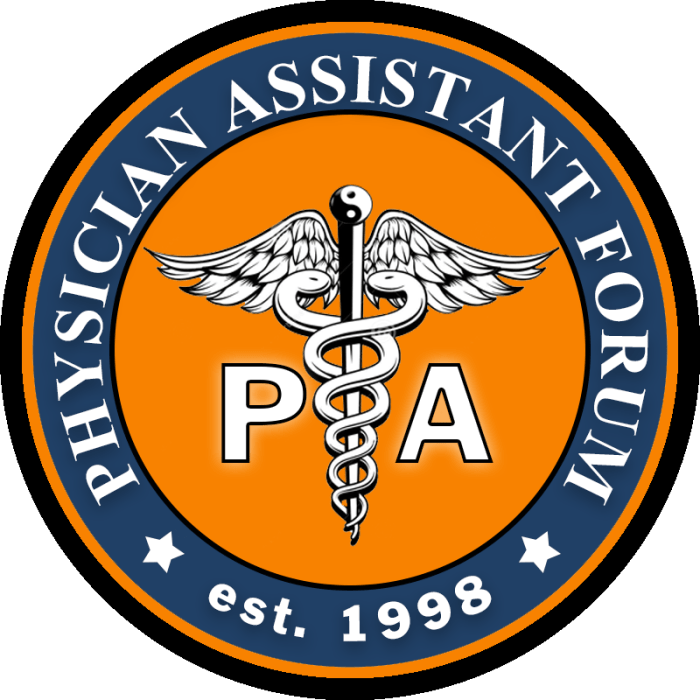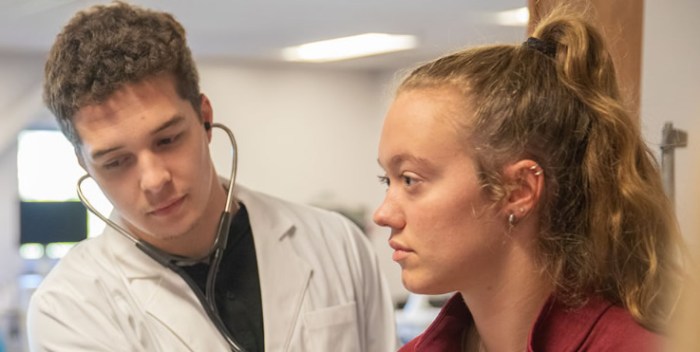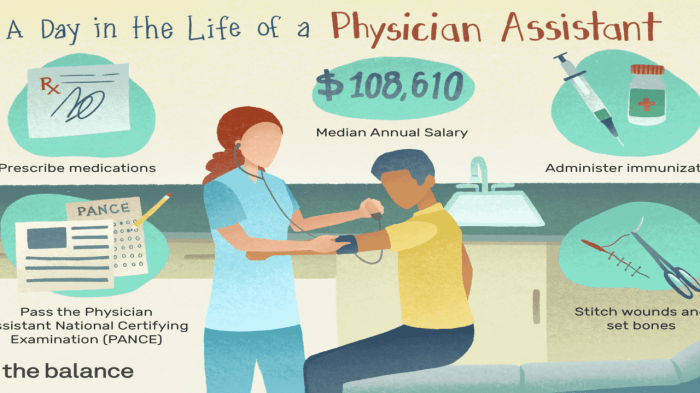Embark on a transformative journey with the Franklin Pierce Physician Assistant Program, meticulously designed to equip aspiring healthcare professionals with the knowledge, skills, and compassion to excel in the dynamic field of medicine. As a highly acclaimed program with a proven track record of excellence, it provides a comprehensive educational experience that empowers students to become exceptional physician assistants, ready to make a profound impact on the lives of patients and communities.
Program Overview: Franklin Pierce Physician Assistant Program

The Franklin Pierce Physician Assistant Program is a 27-month, full-time program designed to prepare students for a career as a physician assistant (PA). The program’s mission is to educate and train competent, compassionate, and patient-centered PAs who are committed to providing high-quality healthcare to diverse populations.
The program’s goals include:
- To provide students with a comprehensive understanding of the medical sciences and clinical skills necessary to practice as a PA.
- To develop students’ critical thinking, problem-solving, and communication skills.
li>To instill in students the values of professionalism, ethics, and patient advocacy.
The program is accredited by the Accreditation Review Commission on Education for the Physician Assistant (ARC-PA) and has received national recognition for its quality and innovation.
Curriculum Design

The program’s curriculum is designed to provide students with a strong foundation in the medical sciences and clinical skills necessary to practice as a PA. The curriculum is divided into three phases:
- Didactic Phase:The didactic phase consists of 12 months of classroom and laboratory instruction. During this phase, students will learn about the basic medical sciences, including anatomy, physiology, pharmacology, and pathology. They will also develop clinical skills, such as physical examination, history taking, and diagnostic testing.
- Clinical Phase I:The clinical phase I consists of 12 months of clinical rotations. During this phase, students will work with preceptors in a variety of clinical settings, including primary care, internal medicine, surgery, and pediatrics. They will gain hands-on experience in providing patient care and managing medical conditions.
- Clinical Phase II:The clinical phase II consists of 3 months of additional clinical rotations. During this phase, students will work with preceptors in a specialty area of their choice. They will gain advanced clinical skills and experience in managing complex medical conditions.
The curriculum also includes a number of unique and innovative features, such as:
- Integrated Clinical Experiences:Students begin clinical experiences early in the program, allowing them to apply their knowledge and skills in real-world settings.
- Interprofessional Education:Students participate in interprofessional education experiences with students from other health professions, such as nursing, physical therapy, and occupational therapy. This helps them to develop the skills necessary to work effectively in a team-based healthcare environment.
- Research Opportunities:Students have the opportunity to participate in research projects with faculty members. This helps them to develop their critical thinking and problem-solving skills.
Faculty and Staff

The program’s faculty and staff are highly qualified and experienced professionals who are dedicated to teaching and mentoring students. The faculty includes physicians, physician assistants, and other healthcare professionals with expertise in a variety of medical specialties.
The program’s staff provides administrative and technical support to students and faculty. The staff is committed to creating a positive and supportive learning environment.
The program also benefits from a network of preceptors who provide clinical training to students. The preceptors are practicing PAs and physicians who are committed to teaching and mentoring students.
Student Life

The program’s student body is diverse and includes students from a variety of backgrounds. The students are supportive of each other and work together to create a positive learning environment.
Students have the opportunity to participate in a variety of clubs and organizations, including the Student American Academy of Physician Assistants (SAAPA) and the Physician Assistant Student Society (PASS). These organizations provide opportunities for students to network with other PAs and healthcare professionals, learn about the profession, and develop leadership skills.
The program also offers a number of support services to students, including academic advising, career counseling, and tutoring. The program’s faculty and staff are committed to helping students succeed.
FAQ Guide
What sets the Franklin Pierce Physician Assistant Program apart from others?
The program boasts a dedicated faculty with extensive clinical experience, a state-of-the-art simulation center, and a strong emphasis on interprofessional collaboration, ensuring students are well-prepared for the demands of the profession.
What are the career prospects for graduates of the program?
Graduates of the program enjoy excellent employment rates and secure positions in diverse healthcare settings, including hospitals, clinics, and community health centers. Physician assistants are in high demand due to the increasing need for accessible and affordable healthcare.
How can I apply to the program?
To apply, you must have a bachelor’s degree in a related field, a minimum GPA of 3.0, and strong letters of recommendation. The application process includes submitting transcripts, a personal statement, and participating in an interview.